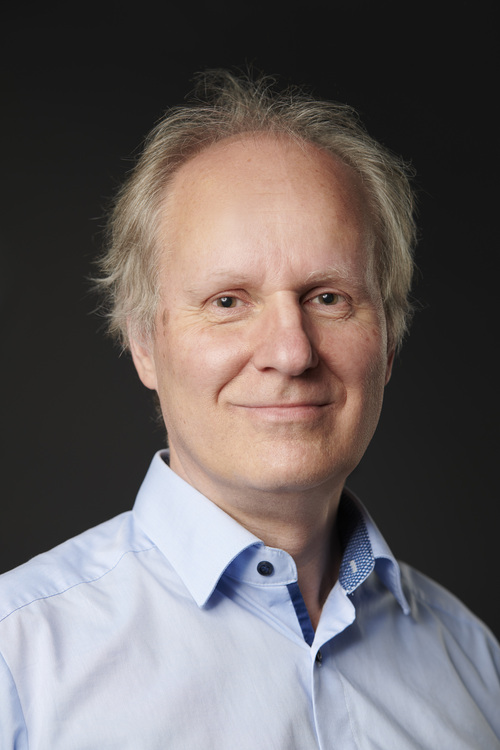Division V - Physics and Mathematics
Division 5 comprises research, teaching, and innovation in Physics and Mathematics. Research is carried out at 21 institutes and 3 Helmholtz programmes „From Matter to Materials and Life (MML)“, „Matter and Technology (MT)“ and „Matter and the Universe (MU)“.
Research topics are Geometry, Groups and Topology, Partial Differential Equations, Stochastic Models as well as Particle and Astroparticle Physics, Solid State and Quantum Physics, Applied Physics, and Geophysics, with intensive collaboration between experiment and theory.
Research oriented teaching at the KIT Departments for Mathematics und Physics is an essential part of the teaching at almost all study courses at KIT.
The scientists of Division 5 are engaged in numerous national and international projects and research collaborations and operate the large research infrastructures GridKa, KARA, KATRIN and TLK.
From structures to models - from quanta to the universe

Baden-Württemberg joins the Fusion Research Alliance – KIT assumes a central role through its scientific expertise
Learn more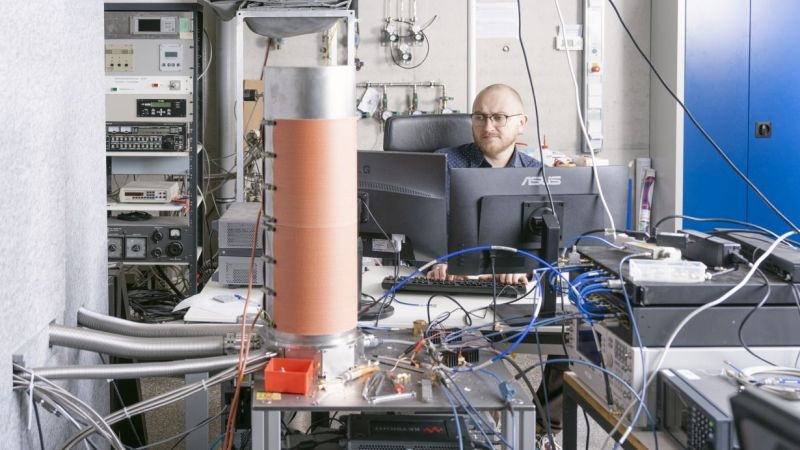
KIT researchers study disruptive quantum transitions that occur during measurements and devise strategies to prevent errors.
Learn more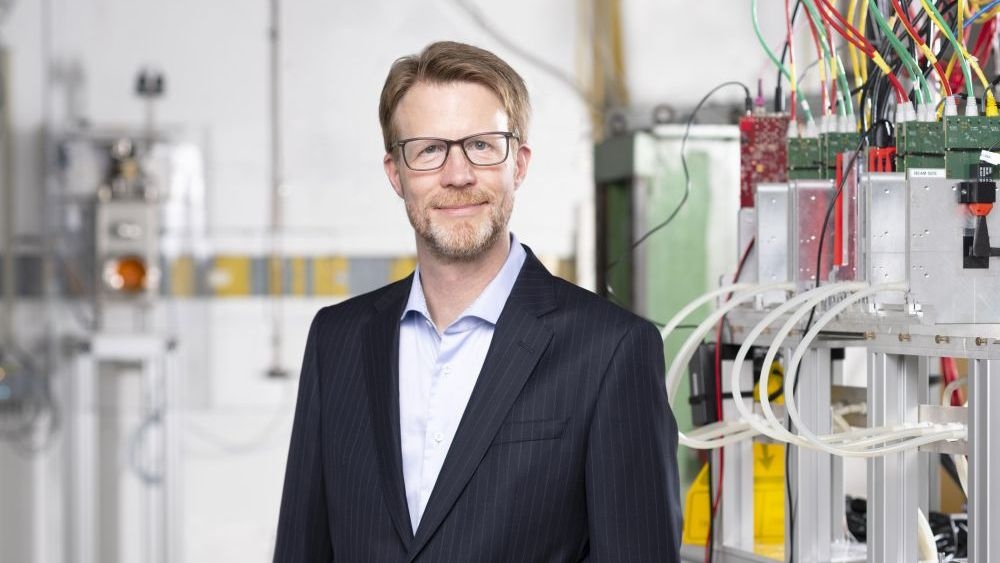
Professor Ulrich Husemann, previously affiliated with the Institute for Experimental Particle Physics at Karlsruhe Institute of Technology (KIT), has been appointed Scientific Director for Particle Physics at the Deutsches Elektronen-Synchrotron (DESY) in Hamburg, effective November 1, 2025. A professorship at the University of Hamburg associated with this new position is currently being arranged.
Mehr erfahren
The European Physical Society (EPS) confers the “EPS Historic Site” award to the Heinrich Hertz Lecture Hall at Karlsruhe Institute of Technology (KIT). With this award, the renowned federation of European physical societies honors eminent physicist Heinrich Hertz (1857-1894) and his 1886 discovery of the electromagnetic waves in the Karlsruhe lecture hall, which is today named after him.
Mehr erfahren
With the new analytical high-resolution electron microscope Iliad Spectra Ultra (S)TEM, KIT expands its capabilities in materials research. As a key component for advancing cutting-edge materials science at KIT, it is available to researchers both within KIT and externally. The instrument was officially inaugurated on September 5, 2025, during an international symposium on electron microscopy held at KIT.
Mehr erfahren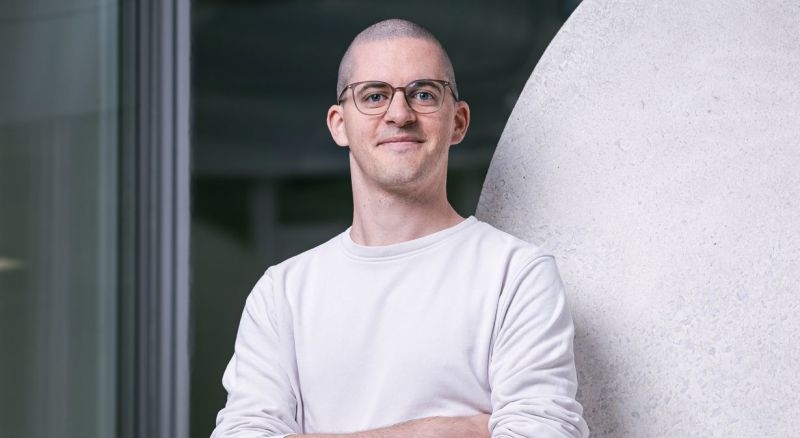
The most recent call for proposals for the Starting Grants offered by the European Research Council (ERC) saw a successful submission by Junior Professor Manuel Krannich from Karlsruhe Institute of Technology (KIT): Funds amounting to EUR 1.5 million enable the mathematician to realize his project MaFC. The basic research project focusing on manifolds and functor calculus links multiple fields of pure mathematics. With his work, Krannich unveils surprising relationships between symmetries of high-dimensional manifolds and laws of algebra.
Mehr erfahren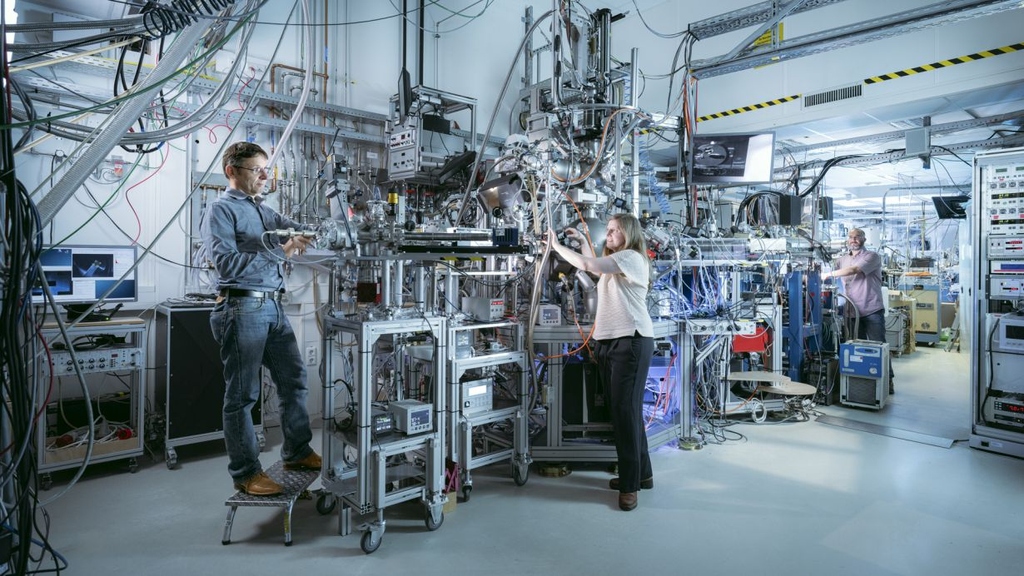
New measuring instrument for operando battery research with KIT Light Source at KARA.
Mehr erfahren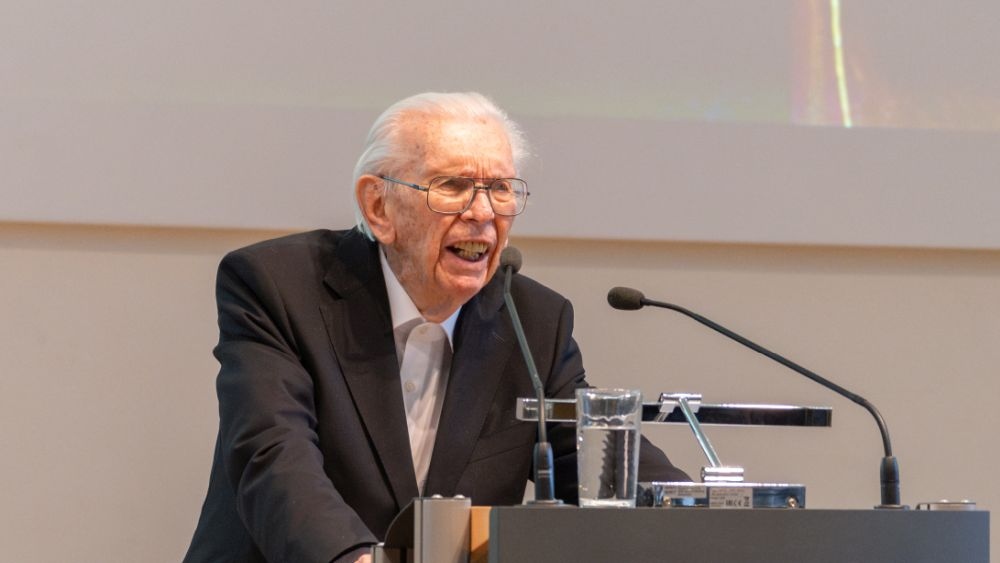
Professor Herwig Schopper had a particularly close connection to Karlsruhe Institute of Technology (KIT): As founding director of the Institute for Nuclear Physics, he laid the groundwork for today’s Institute for Experimental Particle Physics and Institute for Astroparticle Physics, as well as for the merger of the university and research center. Just last year, the KIT Department of Physics celebrated his 100th birthday and awarded him an honorary doctorate in recognition of his significant contributions to institutional development.
Mehr erfahren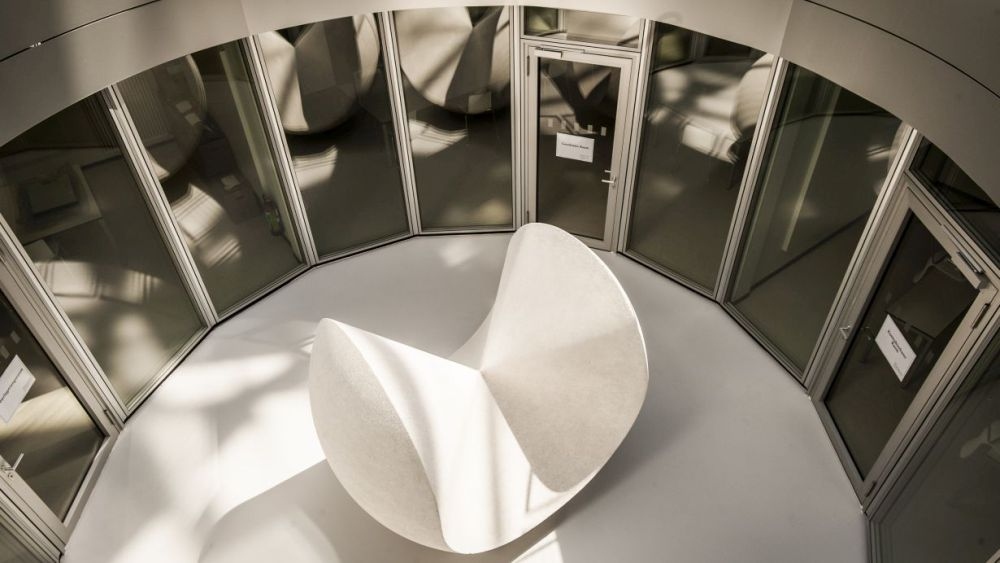
Flood forecasting using artificial intelligence (AI), the investigation of wave phenomena such as light and sound waves, and the predictive power of mathematical models — researchers of the KIT Center MathSEE will present the latest research projects in mathematics at the Karlsruhe Institute of Technology (KIT) on Monday, July 14, 2025, at 6:30 p.m. in Karls
Mehr erfahren
Elektronen besitzen einen Eigendrehimpuls, den Spin, der sie zu winzigen Magneten macht. In der Quanteninformationsverarbeitung kann dieser als Quantenbit (Qubit) dienen. Im Gegensatz zu klassischen Bits kann ein Qubit nicht nur die Zustände 0 und 1 annehmen, sondern auch Überlagerungen daraus, was zu einer erheblich gesteigerten Informationsdichte und Systemkomplexität führt. Diese Eigenschaften machen Spin-Qubits zu einem vielversprechenden Baustein für zukünftige Quantentechnologien – etwa in der Quantenkommunikation, für hochpräzise Sensorik oder als Speichereinheit in Quantencomputern. Doch das Design und die Kontrolle von Spin-Strukturen auf atomarer Ebene sind herausfordernd, insbesondere das zerstörungsfreie Auslesen der Informationen.
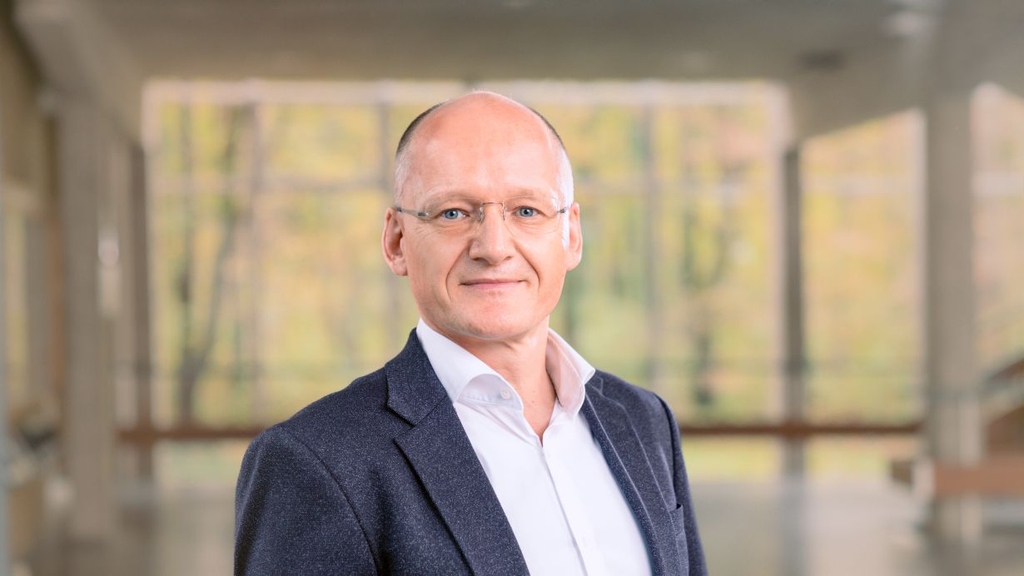
Refrigeration and cryogenics expert Professor Steffen Grohmann from Karlsruhe Institute of Technology (KIT) receives an Advanced Grant of the European Research Council (ERC). The ERC funds Grohmann’s project GRAVITHELIUM on the development of a key technology for the Einstein Telescope (ET) – the proposed next-generation European gravitational-wave detector. GRAVITHELIUM aims to push the sensitivity of cryogenic laser interferometers to fundamental limits using superfluid helium. This technology is expected to solve a central challenge in observing gravitational waves of the entire universe with ET.
Mehr erfahren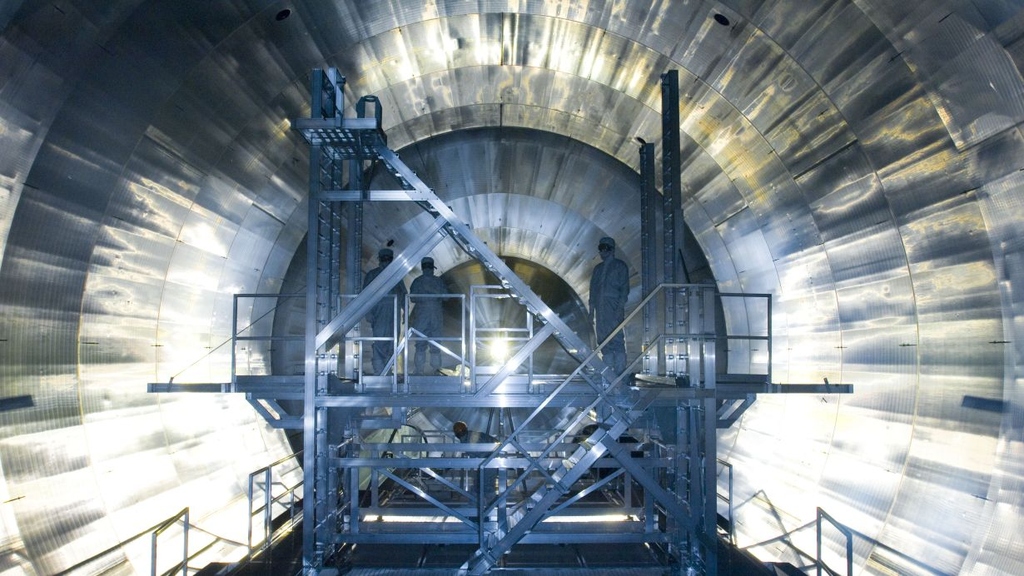
Neutrinos, Higgs bosons, quarks, and others: This year’s Spring Meeting of the German Physical Society (Deutsche Physikalische Gesellschaft, DPG) will focus on elementary particles. From March 4 to 8, 2024, more than thousand physicists from all over Germany will meet at Karlsruhe Institute of Technology (KIT). The DPG working groups Equal Opportunities and Young DPG will also be involved in the program. Teachers are invited to attend free of charge. A special highlight of this year’s meeting will be a ceremonial session to honor particle physicist Professor Herwig Schopper on the occasion of his 100th birthday.
Mehr erfahren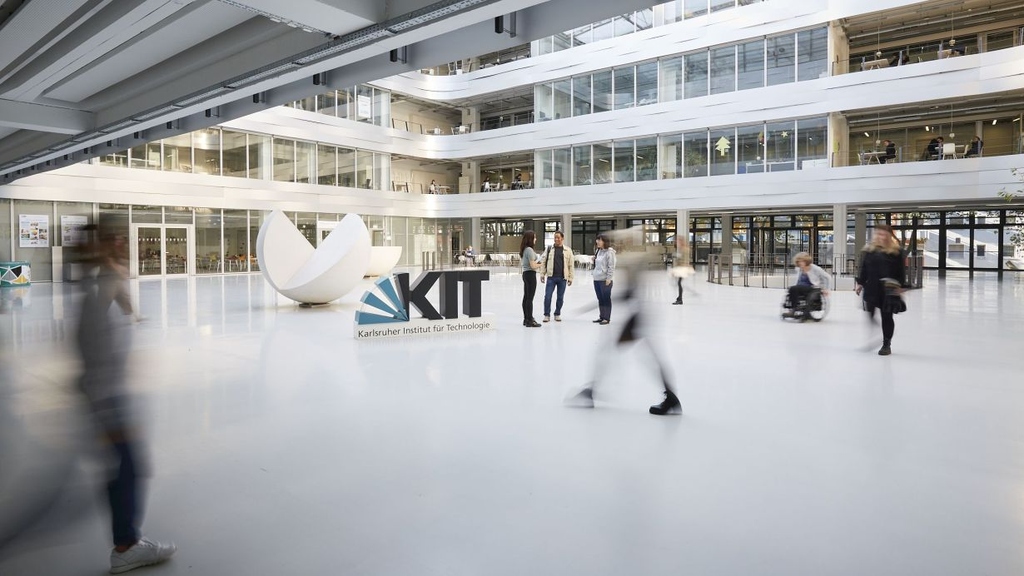
With one new full proposal, Karlsruhe Institute of Technology (KIT) will go into the final of the “Clusters of Excellence” funding line of the Excellence Strategy Competition launched by the federal and state governments. KIT’s sketch of a chemical platform for highly precise quantum architectures convinced the international expert jury. The results of the first selection round were announced by the German Research Foundation (DFG) and the Council of Science and Humanities (WR) this morning (February 2, 2024). In addition, KIT and its partners will submit renewal proposals for the two existing Clusters of Excellence on 3D designer materials and battery research.
Mehr erfahren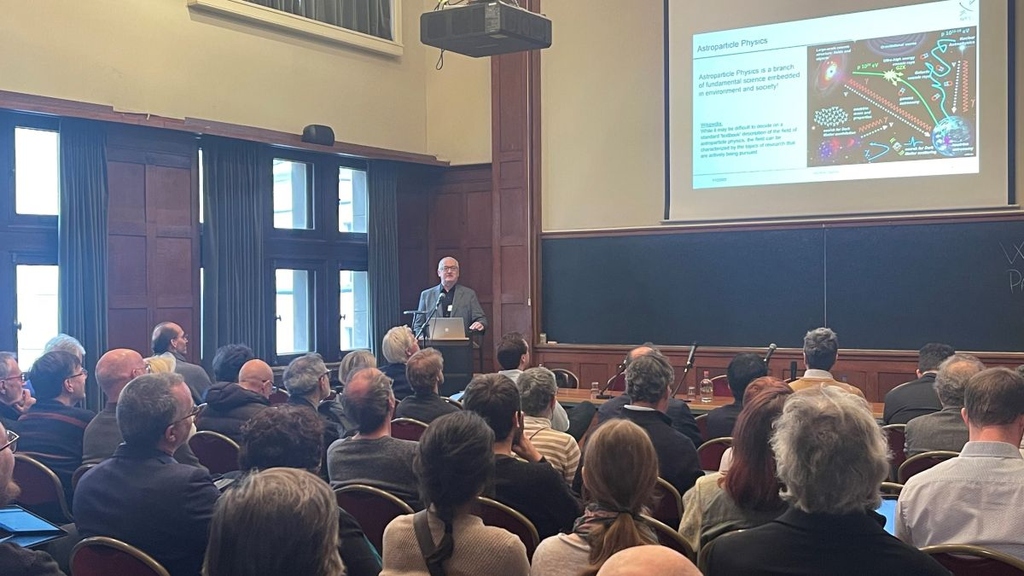
The mid-term update of the European Strategy for Astroparticle Physics 2017-2026 has been successfully completed by the European Astroparticle Physics Consortium (APPEC) and approved by the General Assembly. The Karlsruhe Institute of Technology (KIT) is involved in many of the ongoing and planned experiments.
Mehr erfahren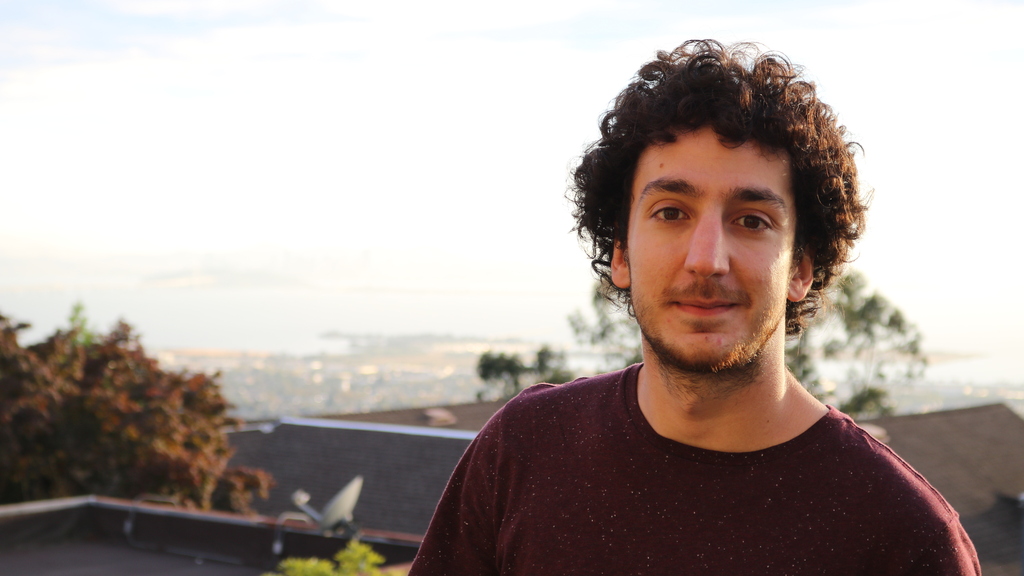
Die Deutsche Forschungsgemeinschaft (DFG) hat im Zeitraum vom 1. Januar bis 31. März 2023 14 Wissenschaftlerinnen und Wissenschaftler neu in das Emmy Noether-Programm und 15 neu in das Heisenberg-Programm aufgenommen.
Link_more
